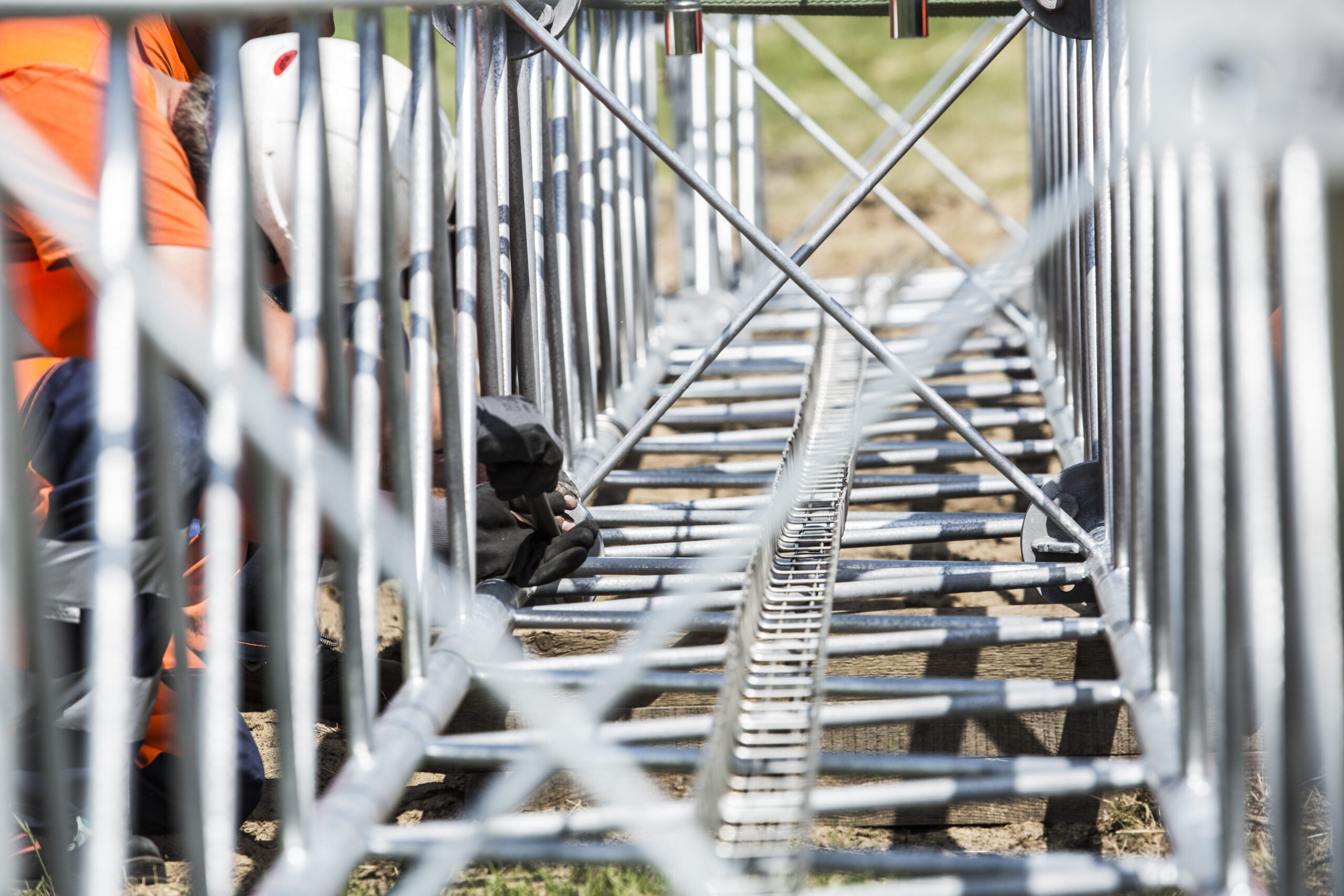The way most processes related to CNC machining are carried out has long been no longer a big business secret of production plants. An engineer fluent in a programming language, using 2D drawings or 3D models, designs paths for tools. As a result, the element is subjected to precise machining and obtains the desired parameters. High repeatability and efficiency of numerically controlled devices allow for significant improvement in the implementation of large orders. Therefore, it might seem that modern software will be the most important in the whole process. However, the quality of the tools is also important. It is worth considering the issue of drills, which are used in metalworking.
Drill bits in CNC machining – what are they for?
The use of drills in production plants is primarily machining, and more specifically, making through holes or blind holes. The characteristic of this type of cutting is the generation of chip waste that needs to be removed. In the case of drills used in most machine parks, these tools are equipped with special chip flutes. Thanks to them, the problem of unwanted waste disappears. In addition to drilling holes, you can also use drills to increase their diameter or change their shape. Drilling is therefore an important part of the machining process of many components, manufactured for various industries. Since the quality of the drilled surface and obtaining the exact dimensions of the holes are very important in the production of parts for the industry, the combination of the right drilling tool with precise CNC technology works very well.
What drilling tools?
It is not without significance what the drill bits are made of, which are used for metalworking. After all, such a tool must be durable enough to perform its tasks properly. Tool steel works very well as a material, i.e. one with a high carbon content or appropriate alloying additives. When producing it, you should also remember to apply the right type of heat treatment.
When it comes to the type of drill itself, several types can be distinguished. These will include, for example, monolithic, modular or folding drills. Each of them is slightly different in design and applications. Therefore, they should be selected according to the tasks for which they are to be used and the raw materials processed. Monolithic drill bits, which consist of one piece of material, are extremely durable, so it is worth engaging them when machining is demanding. If, on the other hand, we need a more universal tool, a modular drill is the better choice.


